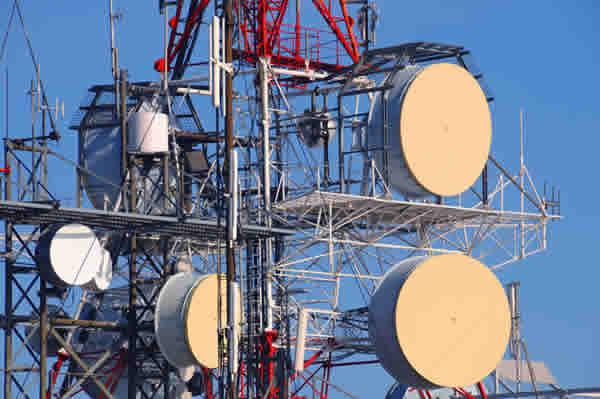Wednesday June 11, 2025|
Nigeria’s telecommunications industry is grappling with steep operational expenses, largely due to its dependence on diesel generators, a recent report by the Africa Finance Corporation (AFC) has revealed.
The State of Africa’s Infrastructure Report 2025 shows that telecom operators in Nigeria consume over 40 million litres of diesel each month, resulting in annual expenditures exceeding $350 million, a cost driven by unreliable public power supply and the need for off-grid energy solutions to maintain service continuity.
“A growing number of tower sites going off-grid or relying on diesel generators is a cause of concern for several reasons,” the report stated.
“First, it increases CAPEX and OPEX costs for operators, making investments in rural and remote areas even more prohibitive. In fact, GSMA Intelligence estimates that the energy cost of a mobile base station in rural areas could be 37% more than in urban areas.”
The report highlighted how these energy costs directly affect the affordability of mobile broadband services. Africa’s mobile networks, it noted, are not only more expensive to run but also less energy efficient than global averages.
“Mobile broadband costs are further exacerbated by the higher amount of energy required to power data traffic in Africa (0.24 kWh/GB compared to a global average of 0.17 kWh/GB), where lower traffic volumes and the use of older technologies like 3G are energy inefficient.
“Second, tower sites that rely on generators and batteries report frequent theft of battery equipment and diesel.”
According to the report, these challenges are amplified in Nigeria, where the electricity grid remains unreliable, and the majority of telecom infrastructure, particularly in rural areas, operates off-grid.
“In Nigeria, unreliable public supply has pushed millions of households and firms to rely on petrol and diesel generators. Captive generation is especially widespread among industrial and commercial users,” the report added.
The growing reliance on decentralised energy solutions highlights a fundamental gap between the nation’s energy needs and the capabilities of its national grid. The use of captive power generation, particularly by telecoms and industrial players, underscores the urgent need for significant investment in Nigeria’s energy sector—both in modernising the grid and expanding access to renewable and hybrid energy alternatives.
Beyond energy, the report examined Africa’s broader digital infrastructure landscape, noting that while progress has been made in building undersea cable systems, more effort is needed to close the last-mile connectivity gap.
The AFC called for fresh investments in middle- and last-mile infrastructure, including the development of fibre corridors connecting seaports to production hubs, secondary cities, and rural areas—areas still lagging in digital access.
Related posts
Categories
- Advertisements (1)
- Agriculture (45)
- Breaking News (26)
- Business (598)
- Crime (989)
- Education (319)
- Entertainment (128)
- Features (13)
- For The Records (43)
- Foreign News (1,189)
- Health (219)
- Home News (332)
- Interview (9)
- Judiciary (349)
- Lifestyle (140)
- Local News (111)
- National News (1,448)
- Opinion (26)
- Politics (1,012)
- Religion (157)
- Science and Technology (125)
- Security (680)
- Sports (880)
- States' News (819)
- Transportation (330)
- Uncategorized (10)

